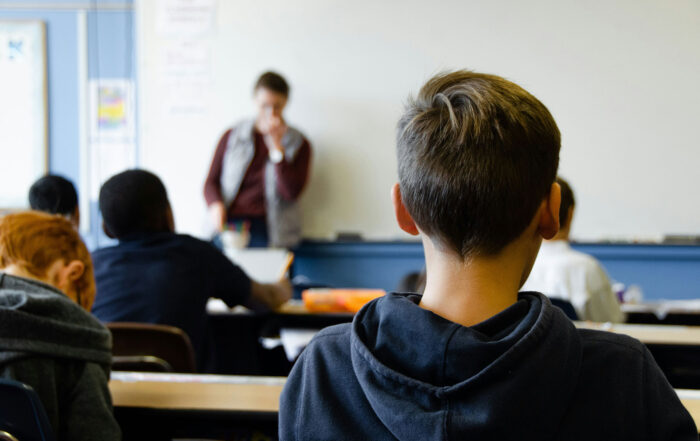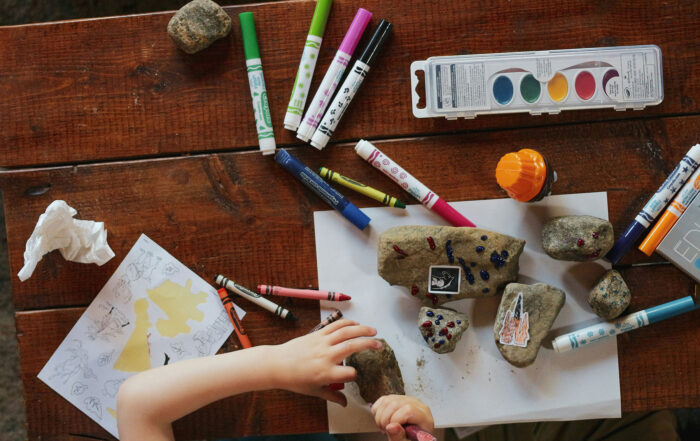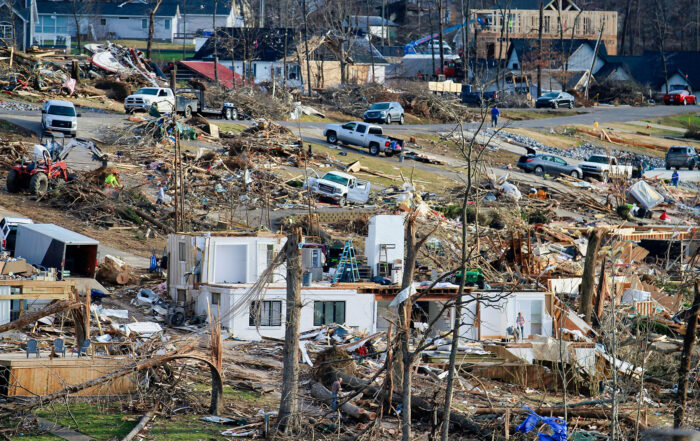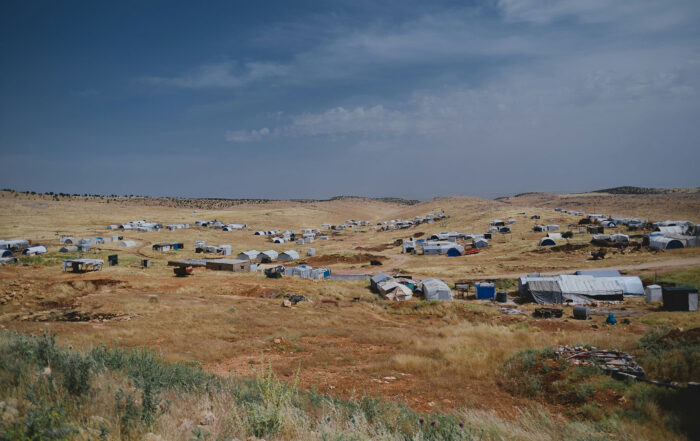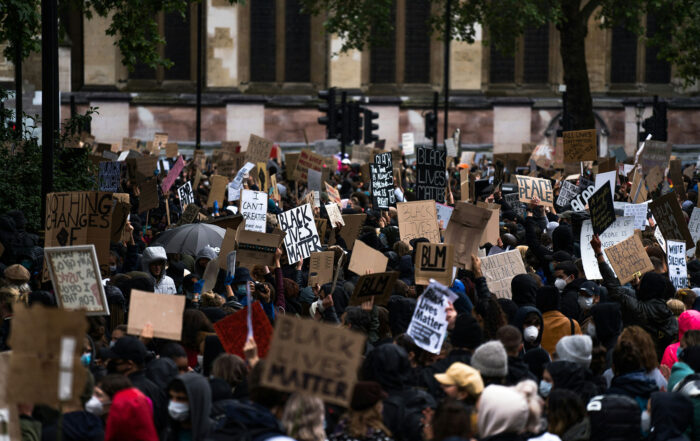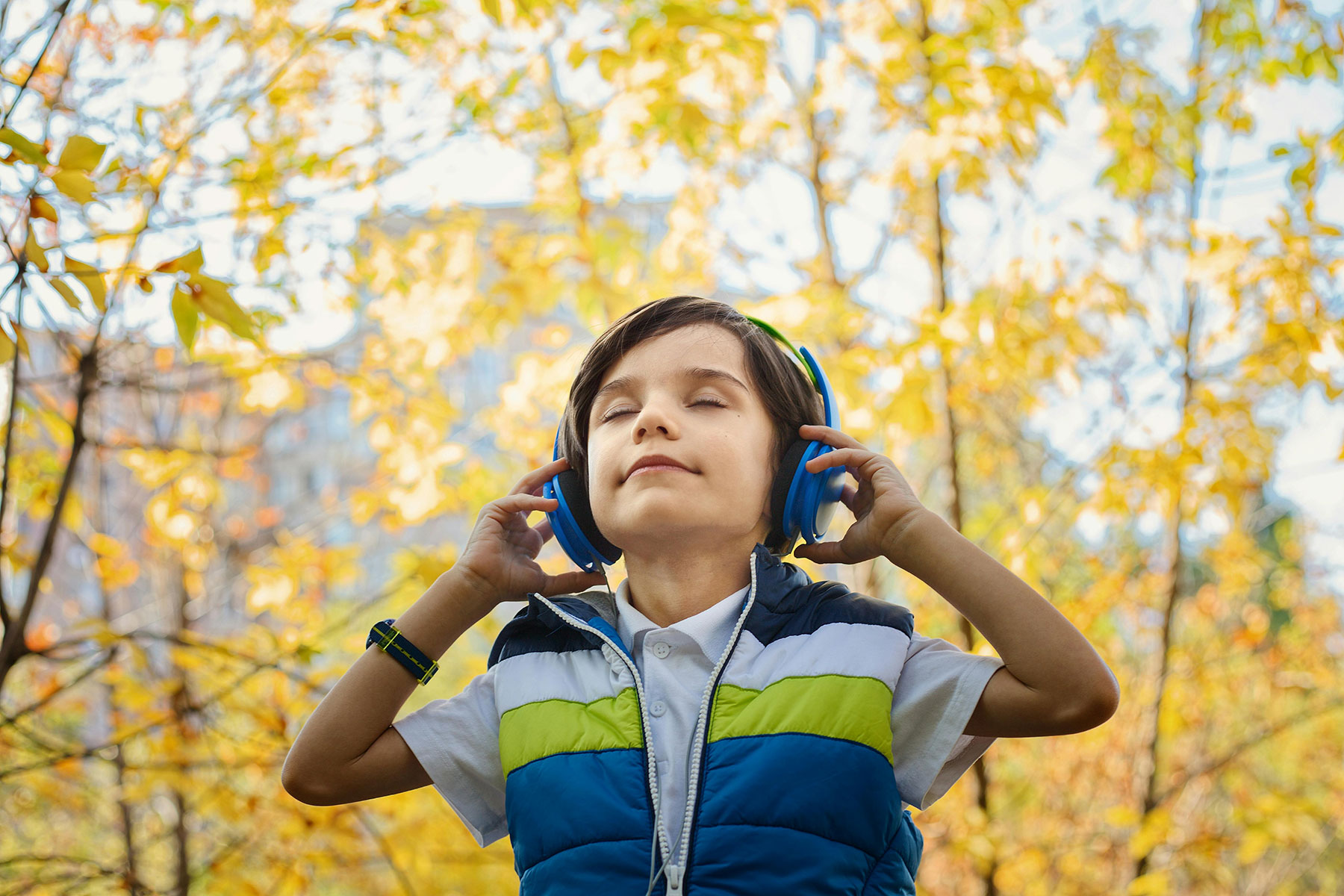
By Barbra Weidlein
Trauma settings
Music therapists have been called upon to support the recovery of individuals and communities following horrific events as well as natural disasters. Settings have included New York City metropolitan area after the 9/11 terrorist attacks; New Orleans after Hurricane Katrina; Umpqua Community College after a mass shooting on campus; various war- and post-war zones; and other disaster recovery situations.
According to the American Music Therapy Association, music therapy addresses trauma by providing:
• Non-verbal outlets for emotions associated with traumatic experiences
• Anxiety and stress reduction
• Positive changes in mood and emotional states
• Active and positive participant involvement in treatment
• Enhanced feelings of control, confidence, and empowerment
• Positive physiological changes, such as lower blood pressure, reduced heart rate, and relaxed muscle tension
“With individuals who have experienced trauma,” says Jim Borling, director of Radford University’s Music Therapy program, “music becomes an outlet for expressing emotion. Music therapy has a way of letting people know that it is ok to feel what you are feeling. It is ok to acknowledge what has happened.”
Borling brought his skills as a music therapist to Newtown, Connecticut where a 2012 shooting at Sandy Hook Elementary School took the lives of 20 children and six staff members, and to Virginia Tech (Virginia Polytechnic Institute and State University) after a campus shooting in 2007 killed 32 and injured many others.
Share This Post!
Adults With a History of Childhood Trauma Can Benefit From Recommended Depression Treatments, Contrary to Current Theory
The Lancet Psychiatry, neurosciencenews.com Patients with major depressive disorder who experienced trauma during childhood see symptom improvement following psychopharmacological intervention, psychotherapy, or a combination of both. The results of a new [...]
Post-Traumatic Growth: What You Need to Know
by Nicole McDermott Trauma—either as a one-time event or prolonged exposure— can cause a wide range of mental health issues including flashbacks, sleep disturbances, anxiety, grief and substance misuse. Healing from [...]
PTSD and Suicide After Natural Disasters
by César A. Alfonso, MD Everyone in Puerto Rico (PR) was affected by Hurricane Maria, which made landfall on September 20, 2017 as the largest scale natural disaster in the US [...]
Behavioral Health Conditions in Children and Youth Exposed to Natural Disasters
Supplemental Research Bulletin, Substance Abuse and Mental Health Services Administration This Supplemental Research Bulletin focuses on mental health and substance use (behavioral health) conditions in children and adolescents following exposure to [...]
Many Refugees Dealing with Trauma Face Obstacles to Mental Health Care
By Erica Zurek and Alander Rocha Refugees are arriving in the U.S. in greater numbers this year after resettlement counts reached a 40-year low under President Donald Trump. These new arrivals, like [...]
The Dangerous Impact of Racial Trauma on the Black Community
By Maia Niguel Hoskin Psychologists use the term trauma to describe an emotional response to a terrible event like an accident, rape, or natural disaster. Racial trauma, or race-based traumatic stress, [...]


